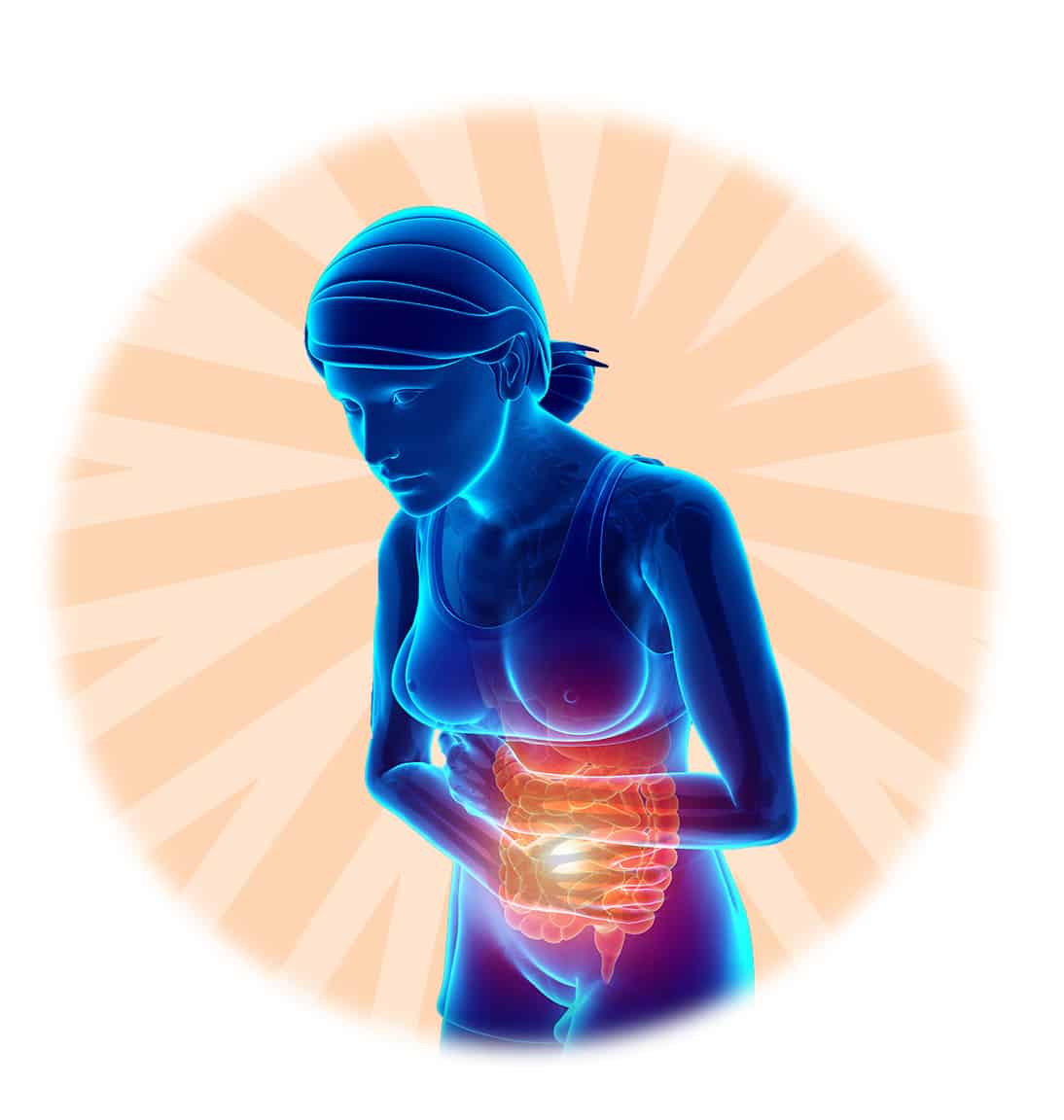Chronic Abdominal Pain Management Specialists
Chronic Abdominal Pain
Condition Overview
Abdominal pain, by definition, is any pain that is felt in the belly between the chest and hips. It’s one of the most common medical issues that often resolves without treatment. However, not all abdominal pain is the same.
Chronic abdominal pain is defined as lasting discomfort in the abdomen that persists for three months or more. Unlike acute abdominal pain — which is sudden and often intense — chronic abdominal pain can be constant or intermittent, with varying intensity from mild to severe. When abdominal pain is severe, persistent or disabling — it’s time to consult a specialist.
The causes of chronic abdominal pain are varied and can include gastrointestinal disorders such as irritable bowel syndrome (IBS), inflammatory bowel disease (IBD), ulcers and chronic pancreatitis. Other potential causes might be related to gynecological issues, urinary tract problems, endometriosis or hernias. In some cases, the exact cause may be difficult to pinpoint.
Videos
Learn more about abdominal pain
Symptoms of Chronic Abdominal Pain
Symptoms of chronic abdominal pain can vary widely depending on the underlying cause, but they often include:
- Persistent or Intermittent Pain. Lasting for three months or longer, the pain can be constant or come and go and vary in intensity.
- Pain Location. It can be localized to one specific area or spread across the abdomen.
- Bloating. A feeling of fullness or swelling in the abdomen.
- Nausea and Vomiting. Frequent sensations of nausea or episodes of vomiting.
- Changes in Bowel Habits. Diarrhea, constipation or alternating between the two.
- Loss of Appetite. Reduced desire to eat or feeling full quickly.
- Weight Loss. Unintentional loss of weight.
- Fatigue. Feeling unusually tired or lacking energy.
- Fever. Occasional low-grade fever, depending on the cause.
- Urinary Symptoms. Pain during urination or increased frequency of urination if the urinary tract is involved.
- Menstrual Irregularities. Changes in menstrual cycle or increased pain during menstruation if gynecological issues are involved.

Diagnosis of Chronic Abdominal Pain
Diagnosing chronic abdominal pain typically involves a thorough medical history review, physical examination and various diagnostic tests such as blood tests, imaging studies (like ultrasound, CT scans or MRI), and endoscopic procedures to identify the underlying cause.
By combining these assessment tools, our team can identify the source of your discomfort and develop a customized treatment strategy.
Treatment Options for Chronic Abdominal Pain
There are several management and treatment options for hernia pain or suffering in the stomach or abdomen. Managing this type of pain often requires a multidisciplinary approach capable of addressing the many varying symptoms of the condition.
Based on your diagnosis, Nura offers the following solutions:

Real people, real stories
My quality of life went from 10% to 150%.
Nearly 10 years ago, while she was being treated for a herniated disk, Rachel Saum’s life took a dramatic change for the worse.
The doctor who was treating her accidentally injected dye directly into Rachel’s spinal column. The dye destroyed a critical membrane and caused the onset of an extremely rare, incredibly painful condition.
Read More
Find Pain Relief
Schedule an appointment with one of our pain specialists by filling out our appointment request form or giving us a call at 763-537-6000.
